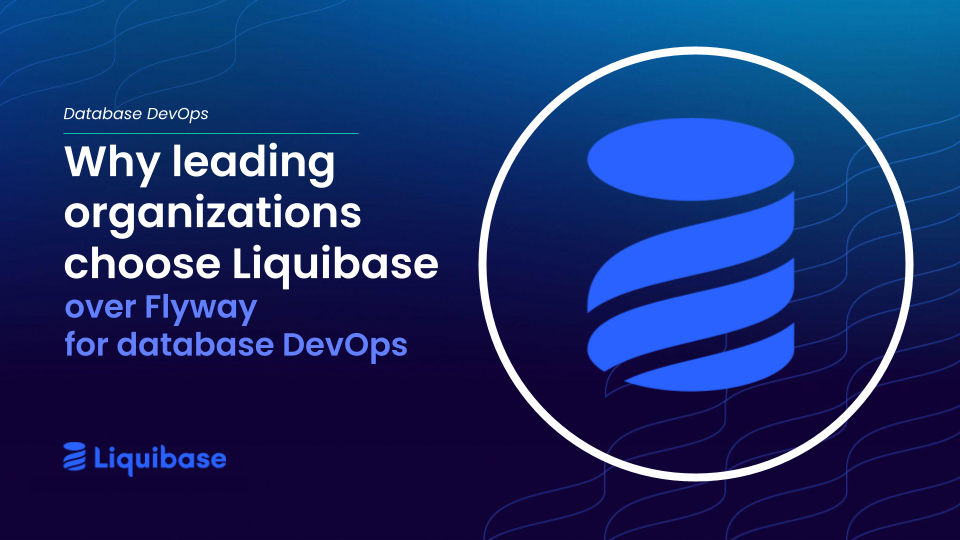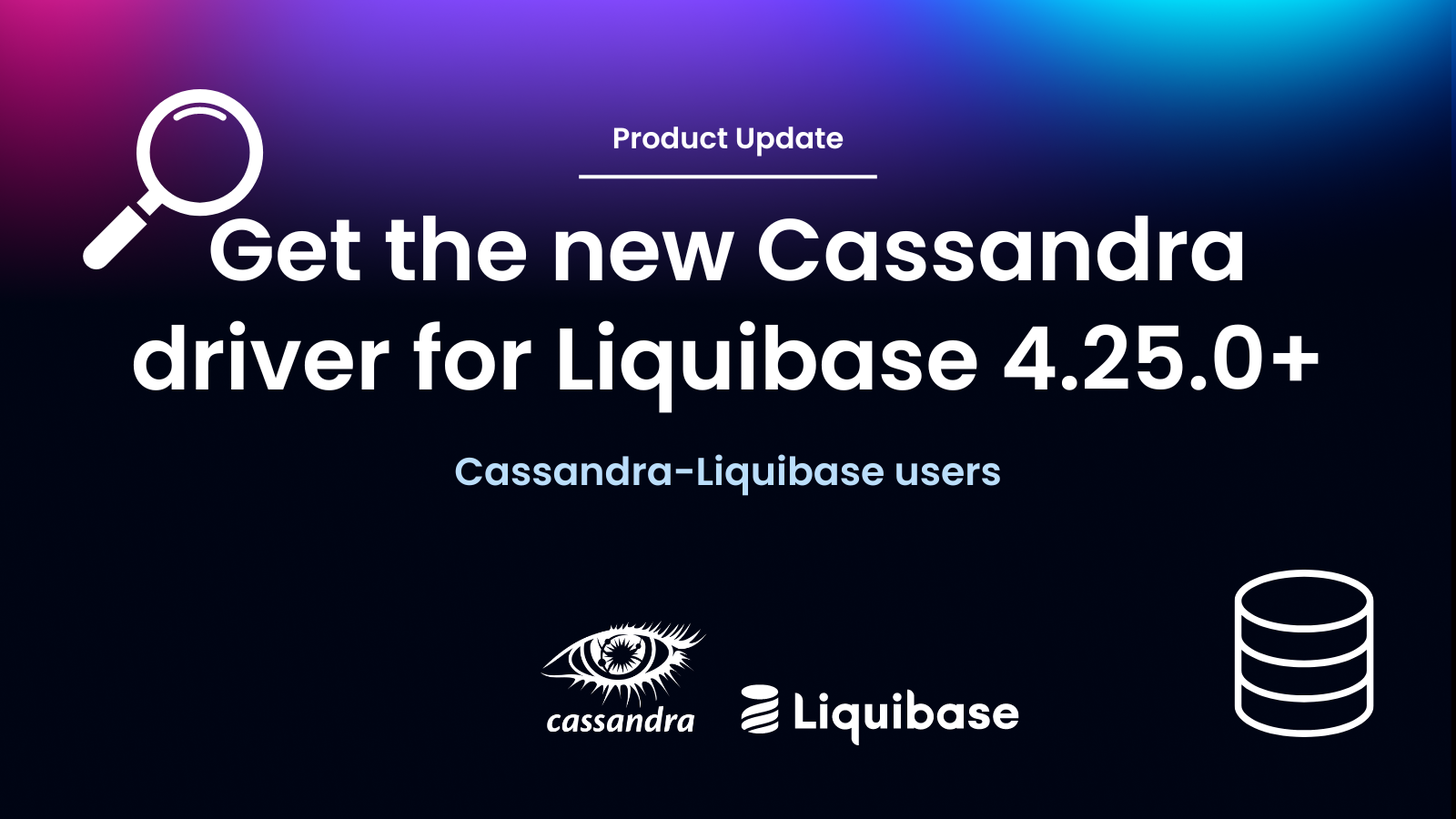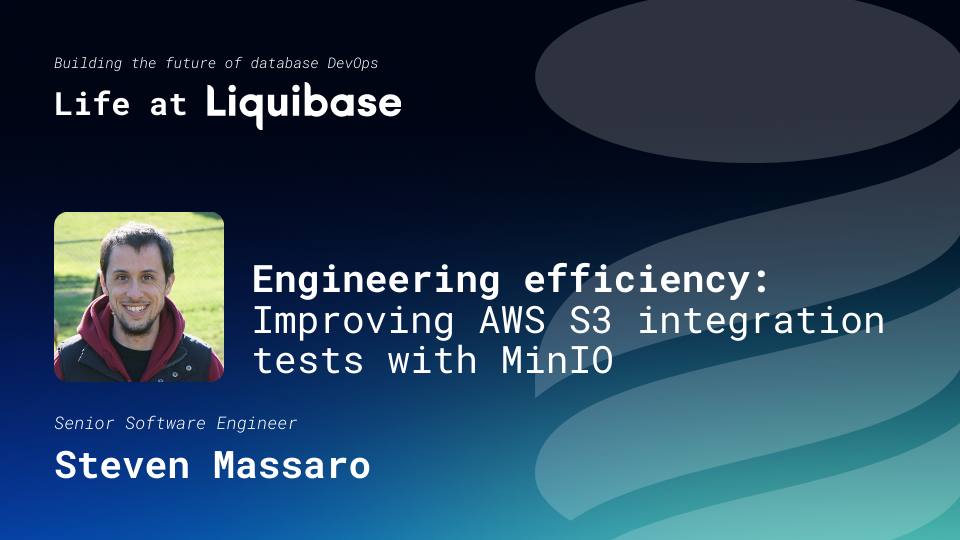July 11, 2019
Supporting PostgreSQL Database Releases On-Premise and in the Cloud

Everyone loves PostgreSQL. Postgres is consistently on the most loved and most wanted database list. You can also see the ranking just keep trending up over time, thanks to our friends at DB-Engines.

We couldn’t be happier to announce support for multiple flavors of PostgreSQL with our latest release, including:
If there’s one thing we know for sure, database change, version control, and deployment is a big problem for most companies. If you look at any State of DevOps report (from Puppet or DORA), the database is a clear bottleneck in the process. This is true with any database, including PostgreSQL, so having tools available to help with this issue is the key to success.
PostgreSQL Database Release Automation
Here’s how Datical can help speed up your PostgreSQL database release and deployment process.
Automatically Enforce PostgreSQL Database Rules
Make sure that your database rules and compliance requirements (such as naming conventions, data type usage, index configuration, and privilege management) are automatically enforced for your every PostgreSQL instance before any changes are deployed.
Continuous Delivery for PostgreSQL Databases
Retrieve, validate, and label your Postgres database changes so it’s easy to trace back to the core business requirement. That way, you can easily promote or remove any change from any environment for end-to-end database continuous delivery and deployment.
Eliminate PostgreSQL Downtime
Automatically organize and execute SQL scripts and simulate the impact of PostgreSQL database changes before they are applied to prevent errors and outages.
Monitor the Status of Every PostgreSQL Instance
Automatically track and report on SQL scripts across all environments. PostgreSQL database audits are easy with full reporting on every database deployment across the enterprise.
Broad Platform Support
As your teams continue to adopt more PostgreSQL in your organization, you will experience more challenges in managing different data platforms. You might even be heading down the path of having different silos for each data platform. This is an unintended consequence that you must avoid.
Since Liquibase has the ability to support many data platforms, your development and operations teams will have a single tool and workflow that allows them to manage database schema change.
Want to learn more about Liquibase for PostgreSQL? Sign up for a demo and we’ll show you around.
.svg)
.svg)









